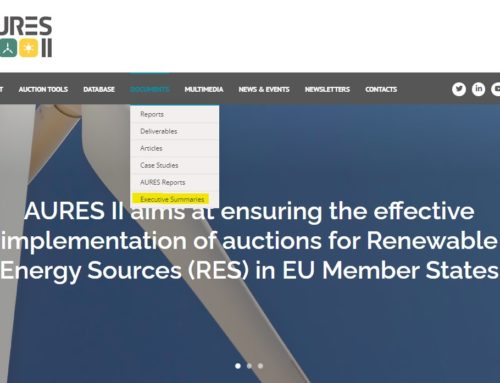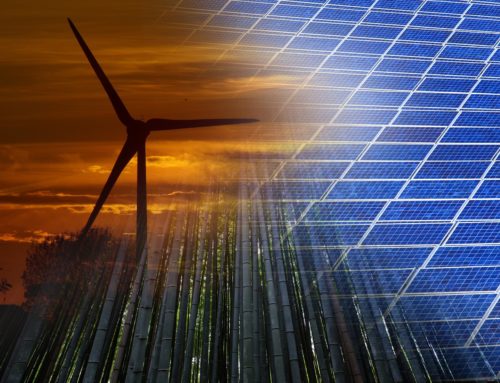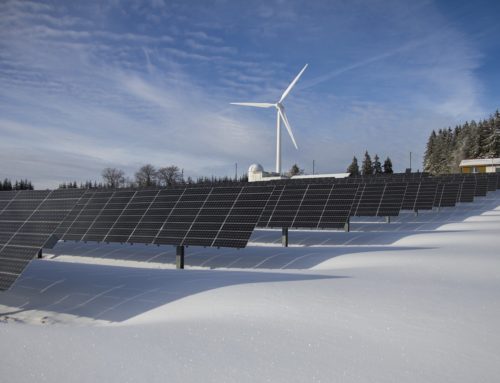We have been quite busy in the last couple of months, presenting our first results and disseminating our knowledge about auctions for RES at international conferences and events. In particular, as described in the following, representatives of the project have actively participated in two events organized by the International Renewable Energy Agency (IRENA) – the IRENA 5th Policy Day and the workshop on renewable energy benefits for South East Europe –, and in the Wind Energy Science Conference (WESC) 2019.
The IRENA 5th Policy Day – Attracting Renewable Energy Investment in a Time of Transition took place in Abu Dhabi, on 27th June.
The event was aimed at providing an opportunity to set a broad dialogue on renewable energy policy between countries and stakeholders, in which to share expertise and best practices in policy-making to ensure the efficient deployment of renewable energy, and the maximization of the resulting benefits.
Our project coordinator Vasilios Anatolitis (Fraunhofer ISI) and Fabian Wigand (Navigant) were both invited by Diala Hawila, who is part of the AURES II Advisory Board.
They participated in the panel “Tailoring policies to meet country-specific objectives – The design of renewable energy auctions and corporate sourcing“, where they presented the AURES II findings from the two reports of WP5 (auctions and financing) and WP6 (cross-border auctions). As they reported, the AURES II work on RES auctionAn auction is a market mechanism with the aims of allocating... design was very much appreciated, and the discussion on the role of corporate PPAs in the process of designing RES auctions was particularly fruitful, from the AURES II perspective.
(Bonus: read the quotes by Anatolitis here and Wigand here twitted by IRENA)
The findings of WP5 report about the effects of auctions on financing conditions for renewable energy were also presented at the IRENA workshop “Renewable Energy Benefits: Can South East Europe realise the full potential of the Energy Transition?”, which took place in Sarajevo, on 11th-12th June. The workshop was aimed to improve understanding of renewable energy socio-economic impacts and the affordability of renewables. Mak Dukan with DTU shared the AURES II results with a wide audience composed of representatives of governments, industry, academia, and international institutions. The AURES II participation in the event, as Dukan stated, was particularly timing because Hungary is about to introduce auctions for RES, thus it is important to properly inform stakeholders about international experiences. From this point of view, the example of Ukraine, which recently introduced auctions, was especially informative. An interesting outcome of the discussions pointed out by Dukan is that the solar PV industry appears to have the greatest potential for a beneficial impact on the renewables sector in South East Europe.
Overall, we are pleased to note that the IRENA report summary of the workshop acknowledges that “Auctions for RE could exhibit a positive impact on costs of capital, by enabling greater supportJust like administratively set support, auction-allocated su... scheme sustainability and predictable roll out schedules”.
Finally, on 17th-20th June we also went to Cork to participate in the Wind Energy Science Conference (WESC). The biannual conference, which purpose is to gather leading scientists and researchers in the field of wind energy to present their latest findings, hosted a whole session dedicated to the issues researched in the AURES II project. The session speakers were Vasilios Anatolitis (also chairmen), Ann-Katrin Hanke (Takon GmbH), Mak Dukan and Felix Von Bluecher (Navigant).




